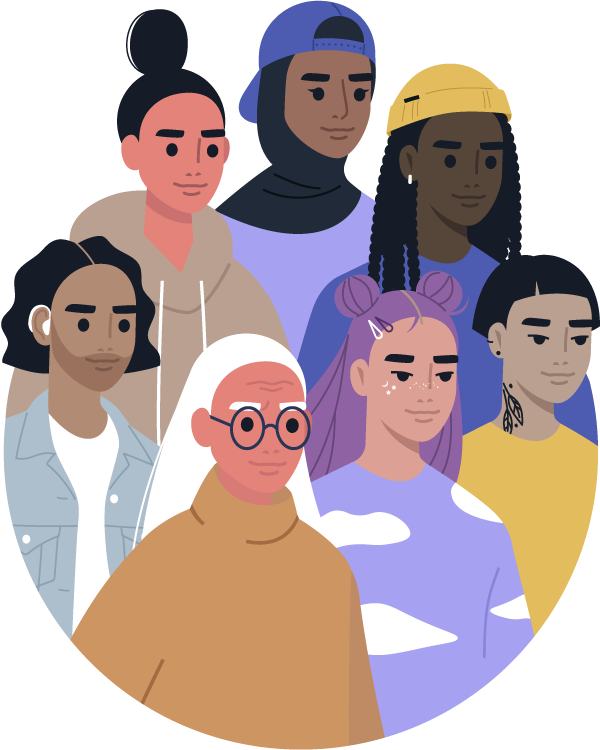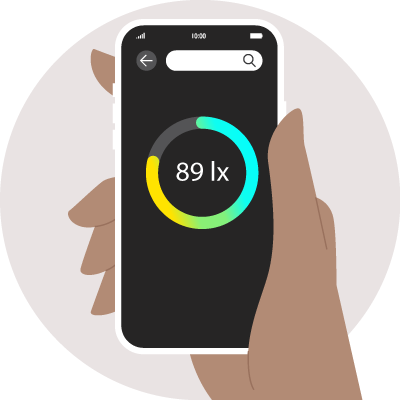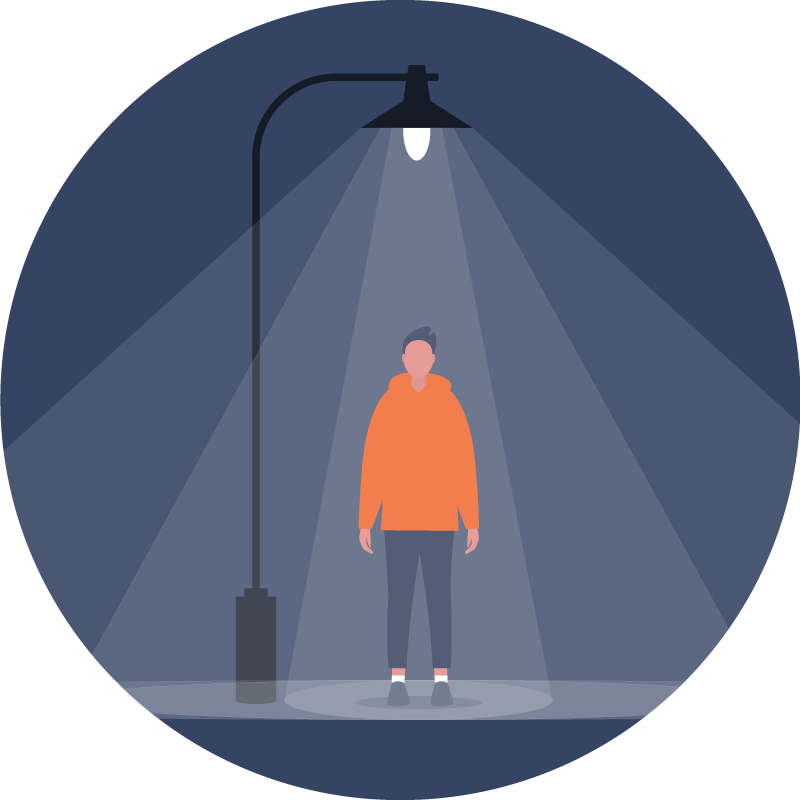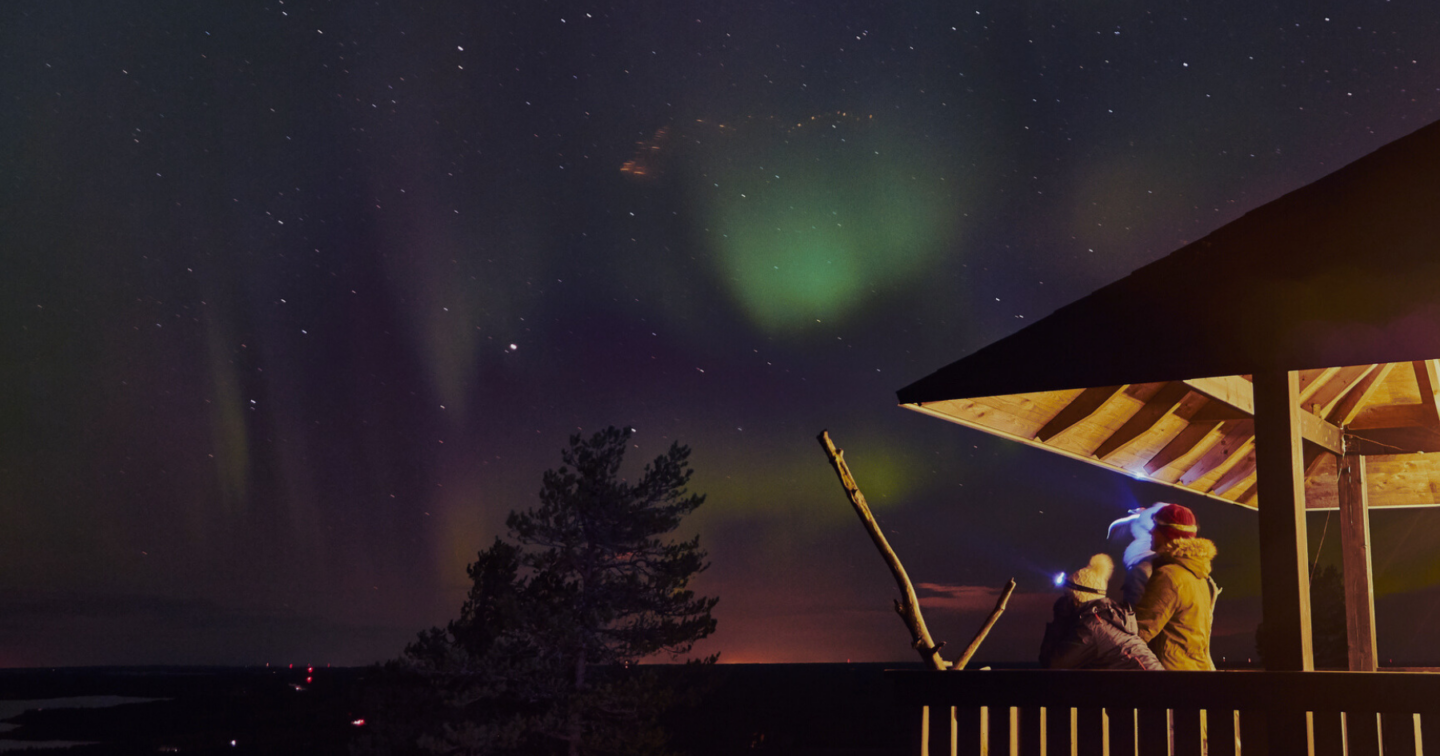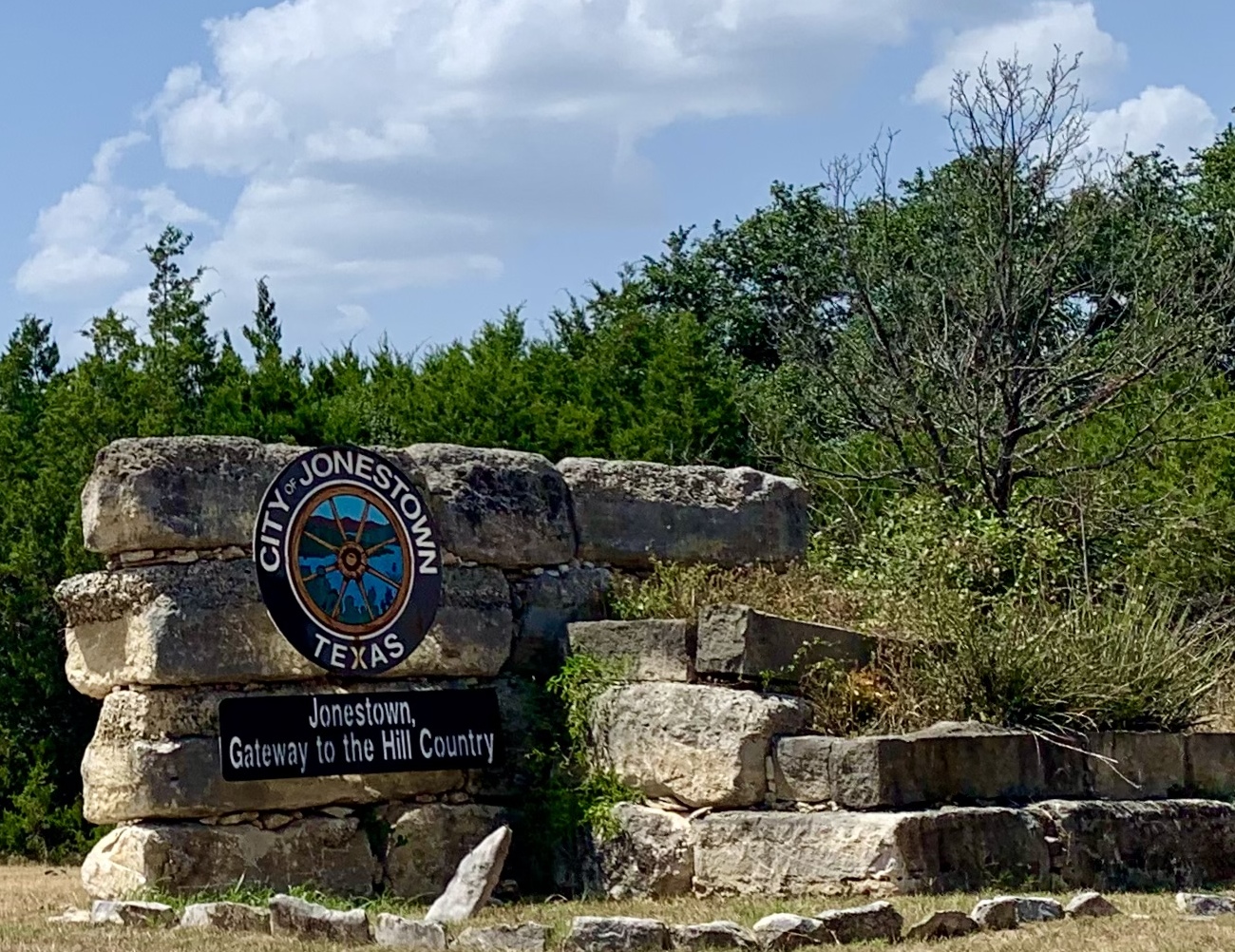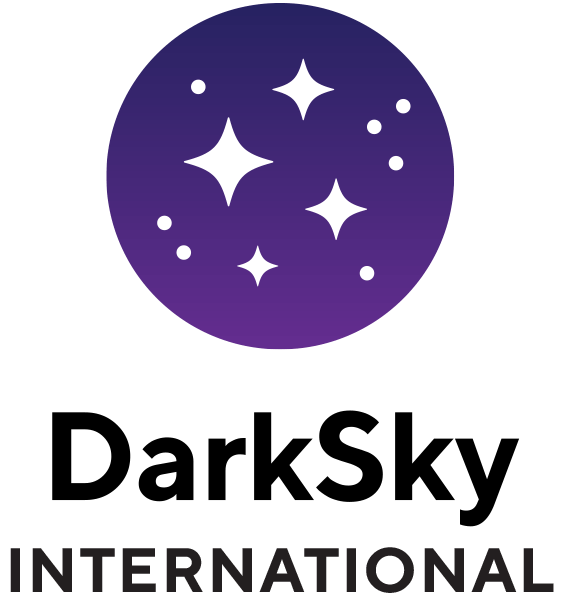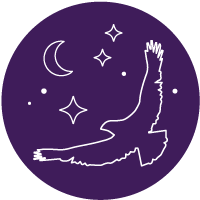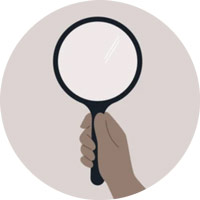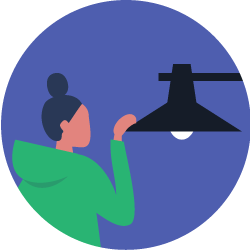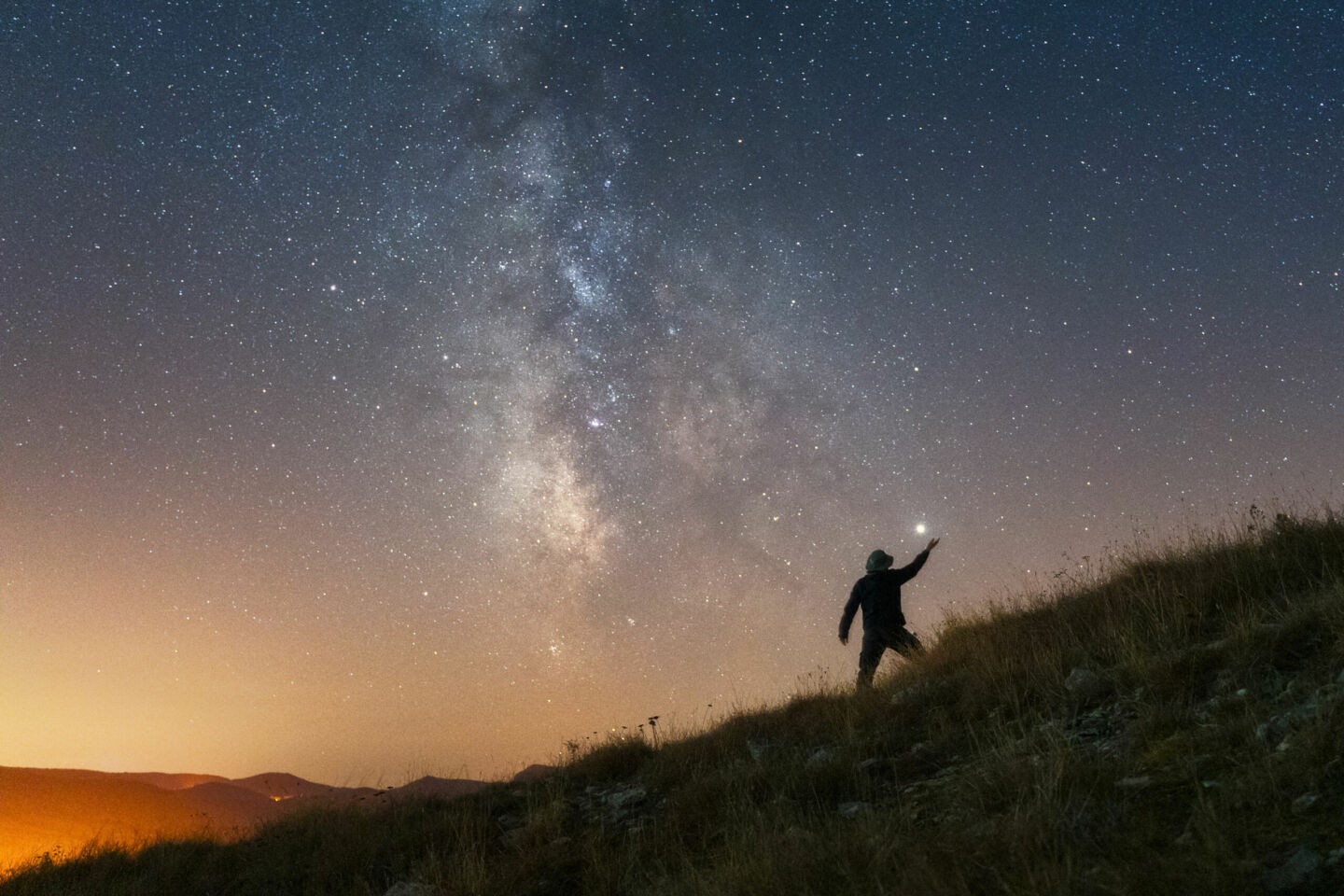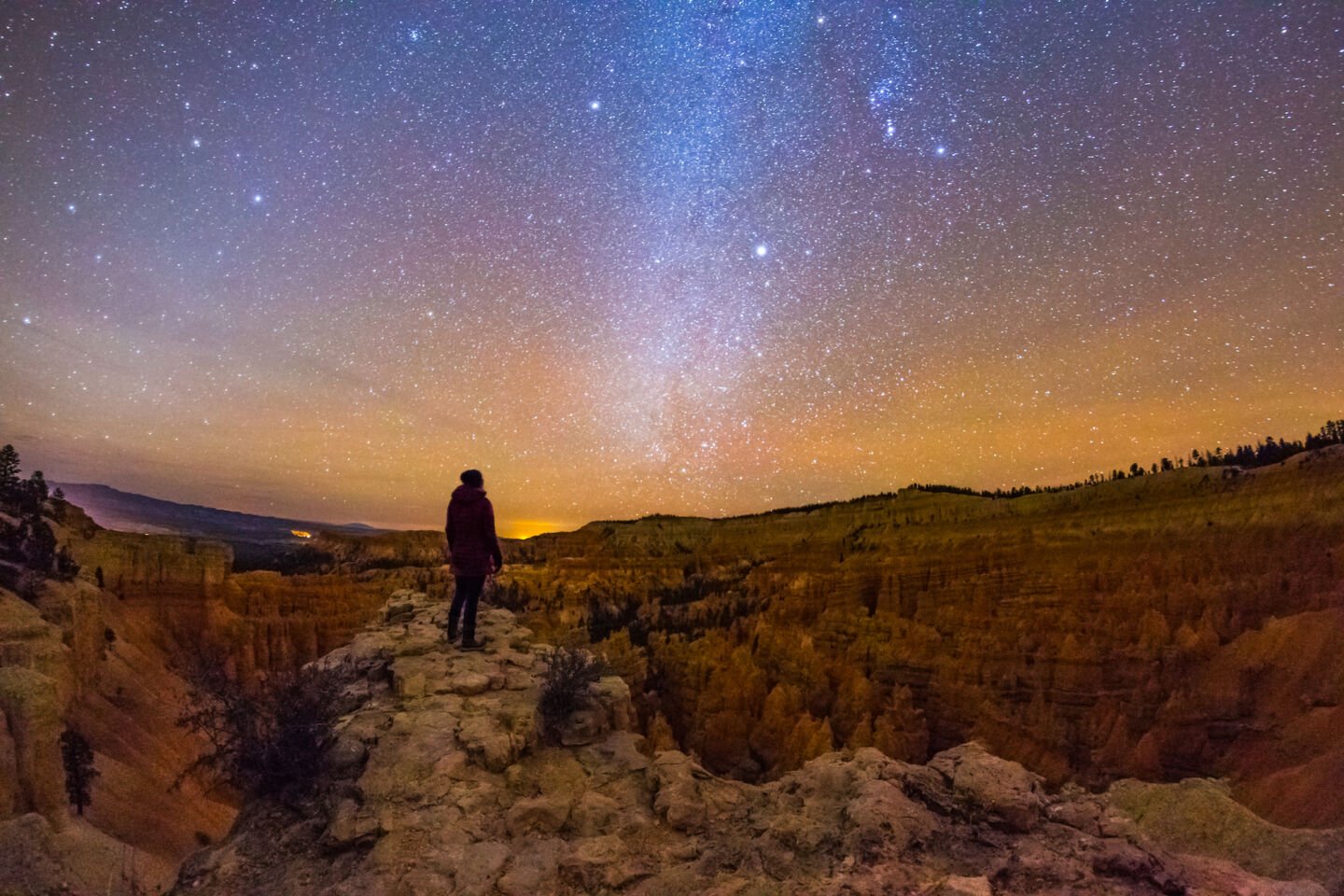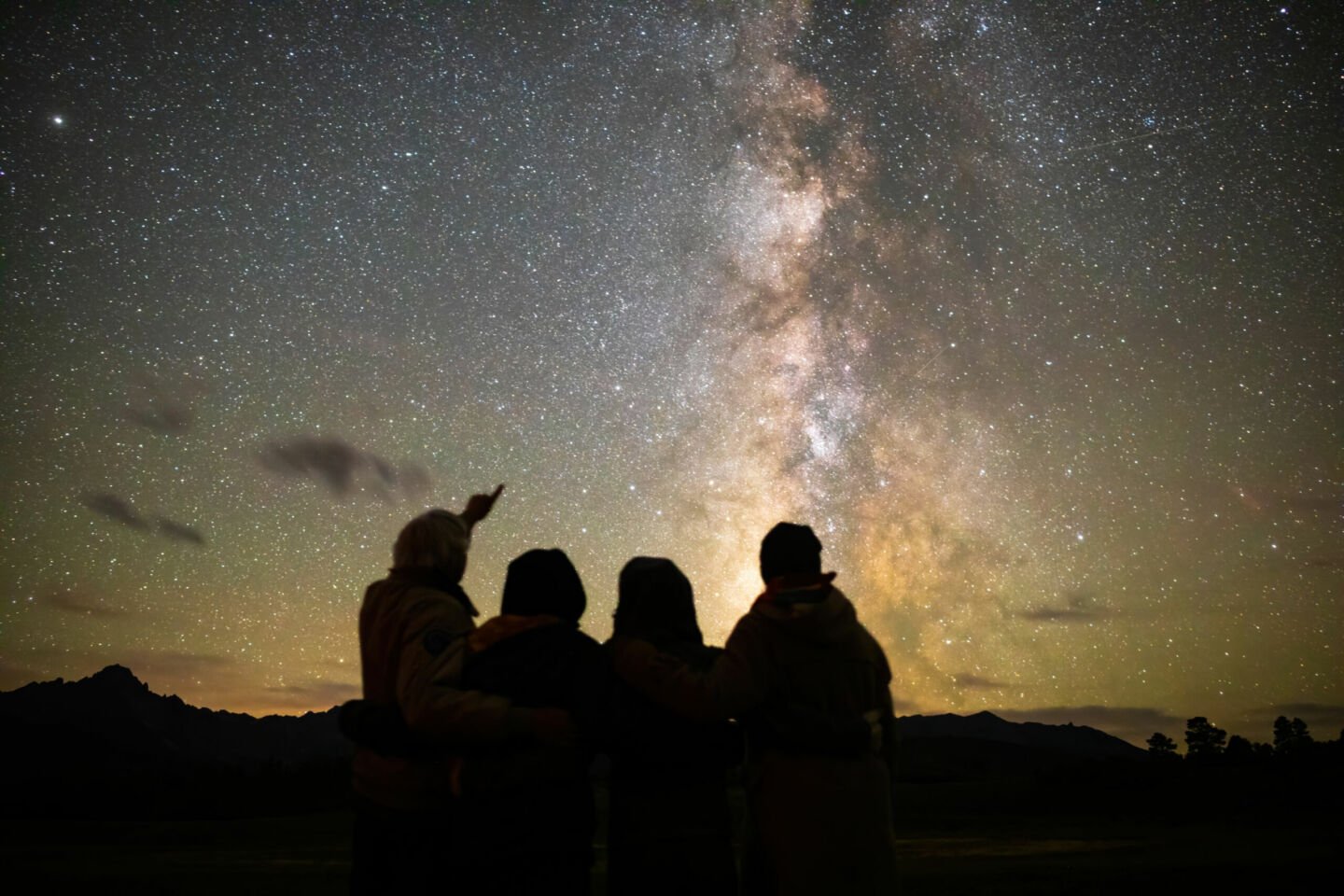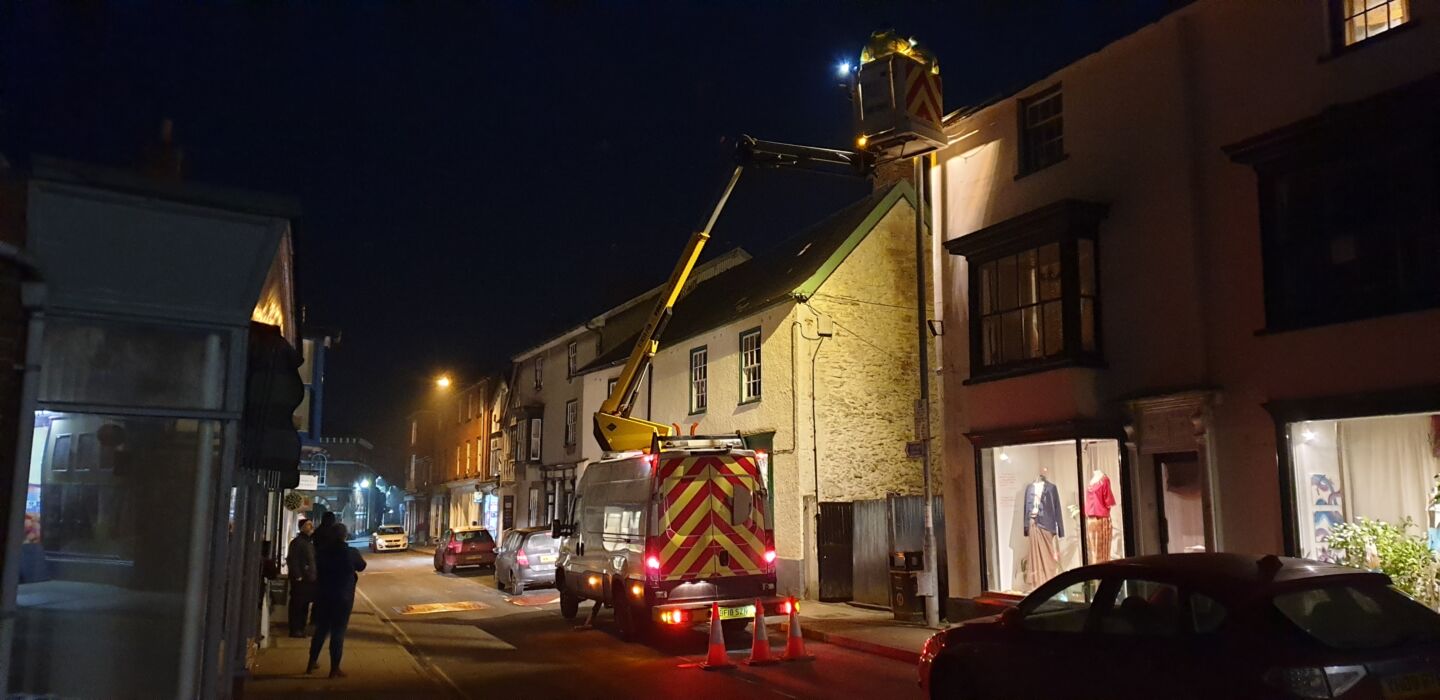
DarkSky Awards
Our annual awards recognize dark sky advocates around the world working to protect the night from light pollution.
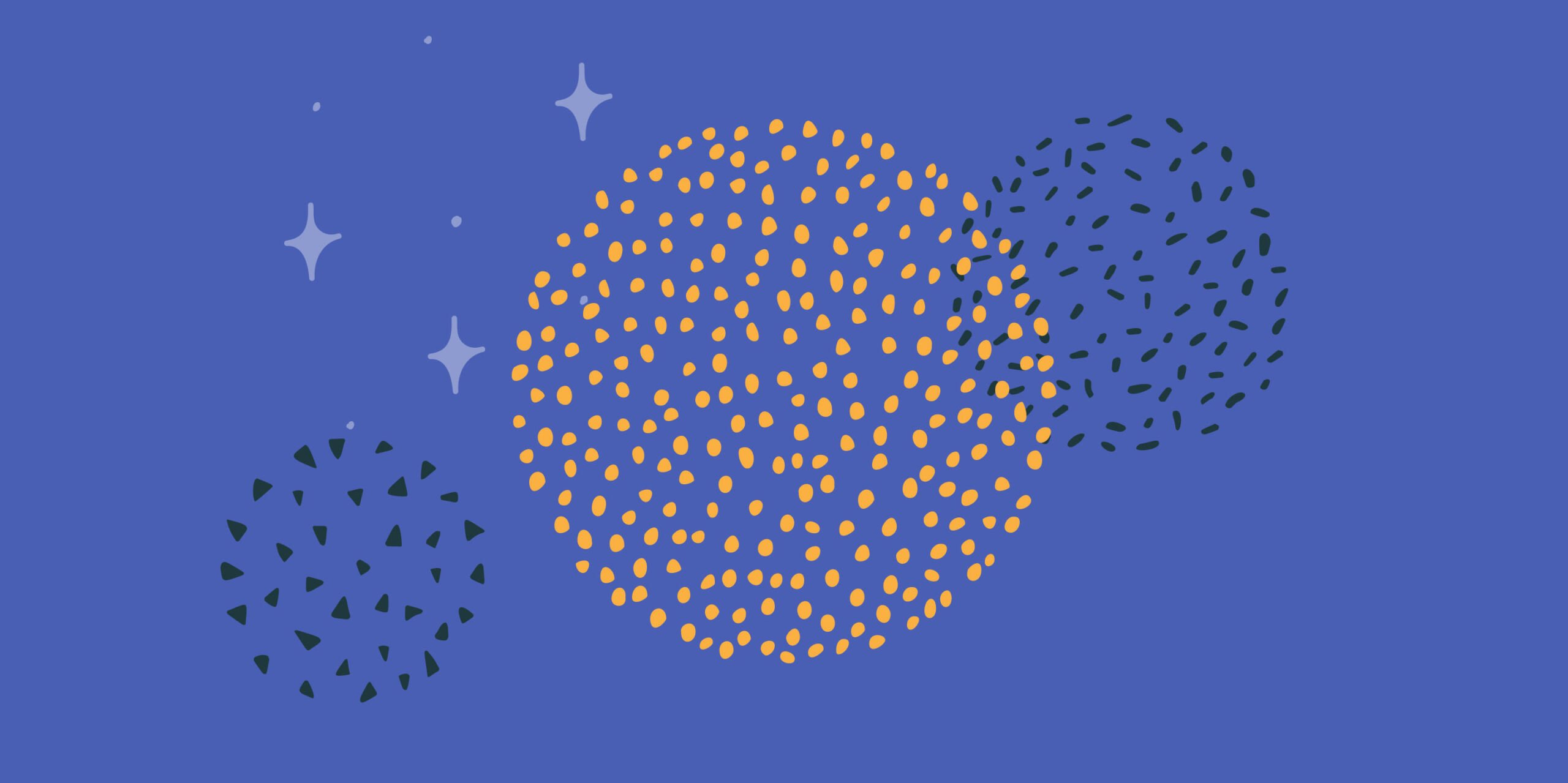
Do you know a dark sky advocate who deserves recognition for their work protecting the night from light pollution? Whether they have dedicated decades to reducing light pollution, brought innovative dark sky solutions to the lighting industry, or are an up-and-coming defender of the dark, we want to celebrate their commitment to the dark sky movement!
2024 DarkSky Awards
The 2024 DarkSky Awards nomination period will open on May 1, 2024. The Awards Committee will review nominations and submit their recommendations to the Board of Directors for ratification. Awards will be announced in November during Under One Sky 2024, DarkSky’s global conference.
Each awardee receives:
- Personalized award
- Congratulatory letter from DarkSky President and Executive Director
- One year complimentary membership to DarkSky
Award categories
Award category
Crawford/Hunter Lifetime Achievement Award
Commemorates DarkSky Cofounder and former Executive Director Dr. David L. Crawford, and DarkSky Cofounder and former Board President Dr. Tim B. Hunter for their pioneering leadership in protecting the night sky and reducing light pollution and for the indelible mark they have left. This award represents the highest honor that DarkSky bestows to individuals who, in the course of their lifetime, have contributed an extraordinary effort to light pollution abatement.
Nominating criteria — Nominations must include the individual’s name, the number of years they have been active in light pollution abatement education, and the supporting rationale for the lifetime achievement award (i.e., significant achievements in recent years). Only one award will be given each year.
Award category
Hoag/Robinson Award
Honors Dr. Arthur Hoag and William T. Robinson for their work as pioneers in outdoor lighting reform. This award is given to an individual who has been outstanding in educating governmental organizations, businesses, and the public about the merits of outdoor lighting control ordinances.
Dr. Arthur Hoag, who received his Ph.D. in astronomy from Harvard University in 1952, was one of the founders of the dark sky movement. Dr. Hoag led the cause against light pollution at Kitt Peak in the 1960s and early 1970s. His efforts, together with those of the astronomers he led, resulted in the adoption of an outdoor lighting ordinance in Tucson and Pima County in 1972.
William Robinson was a retired petroleum engineer experienced in technology and negotiation when he met Dave Crawford at Kitt Peak National Observatory. Shortly thereafter, he came out of retirement to become a volunteer for dark sky preservation in southern Arizona. Passionate and tireless, Mr. Robinson was instrumental in the adoption of no less than 50 outdoor lighting control ordinances throughout Arizona that included most incorporated communities, all state counties, and the state itself.
Marge Hoag and Mary Robinson, the widows of Dr. Arthur Hoag and William Robinson, respectively, have agreed to the use of their husbands’ names for this award.
Nominating criteria — Nominations must describe the individual’s outstanding work in educating governmental organizations, businesses, and/or the public about the merits of outdoor lighting control ordinances. Only one award will be given each year.
Award category
Galileo Award
Given “in recognition of outstanding achievements in research or academic work on light pollution over a multiple-year period.”
The Galileo Award was established by DarkSky Europe in 2003 to acknowledge outstanding achievements in combating light pollution in Europe, and was traditionally presented at the European Symposium for the Protection of the Night Sky. In 2017, the restriction of the award to Europe was lifted to better reflect DarkSky‘s international mission. DarkSky encourages nominations of Europeans for all award categories, and as a standard practice all DarkSky awards to Europeans will now be officially announced and presented at the European Symposium.
Nominating criteria — The nomination must describe the individual’s outstanding achievements in research or academic work on light pollution over a multiple-year period. Only one award will be given each year.
Award category
Lighting Technological Innovation Award
Given to individuals, organizations, or businesses that — through technological innovation and entrepreneurship — support DarkSky and its mission to preserve night skies by promoting the protection of dark skies and quality outdoor nighttime lighting. Only one award will be given each year.
Nominating criteria — Nominations may be made for an individual designer or business. Awards are given for innovative products that support the protection of dark skies and quality outdoor lighting of any kind and for any application. Multiple submissions may be made. Submissions can be for lighting products or products that take the place of internally illuminated products. Products should be commercially available.
Each submission must include a statement explaining the reason for the submission. Sufficient information and details must be included about the product and its intended use in order for the Awards Committee to professionally assess the submission. Entries without sufficient information and details will be rejected.
DarkSky considers the following criteria: freedom from glare, aid in achieving rational lighting levels, energy efficiency, provision of good nighttime ambiance, minimal obtrusive light, and minimal contribution to sky glow.
Each submission must include images of the product and of the product installed and in use. These must include both general views (to assess the overall design) and detailed views of features of the system. Submission of an application constitutes permission by the submitting parties for DarkSky to use submitted images in order to publicize the awards and to promote quality outdoor lighting.
Award category
Dark Sky Defender Award
Given to individuals and organizations in appreciation and recognition of their exceptional efforts to promote and advance the mission and programs of DarkSky to preserve night skies by promoting quality outdoor nighttime lighting to reduce light pollution and its environmental impacts. Nominees include those who have led outstanding public education and outreach campaigns on light pollution, who have promoted ordinances and other regulatory methods to reduce light pollution, who have worked with the media, policy makers, opinion leaders, and others to bring greater urgency to the issue, and who have fostered collaborations with disparate stakeholders to effect positive change.
Nominating criteria — Nominations may be made for an individual or organization and must describe the nominee’s exceptional efforts to promote and advance the mission and programs of DarkSky. A total of six awards will be given — one to someone on each of the inhabited continents.
Award category
Rising Star Award
Honors one or more students of any grade level from elementary school through undergraduate university who demonstrate an enthusiasm for and commitment to dark sky conservation and/or research into the nocturnal habitat, human health, safety, security, or other areas in the context of natural darkness and light pollution. A student may conduct their activities as part of a science fair or other school-based project, as a member of a community service organization, in partnership with a non-profit, or coordinated with a local, state, provincial, or national park or other protected natural area. No more than three awards will be presented annually.
Nominating criteria — Nominations may be made for any student or group of students and must describe how they demonstrate enthusiasm for and commitment to dark sky conservation and/or research in the context of natural darkness and light pollution.
Award category
Bob Gent Community Leadership Award
Honors Bob Gent, an active and influential dark sky advocate, who passed away in March of 2019. Bob was a longtime volunteer and friend of DarkSky and wrote the original Chapter Handbook. In 2017, he founded DarkSky Ohio (U.S.A.) and led state-wide efforts to protect the natural nighttime environment.
This award is given to any member of the DarkSky advocacy community, including Chapter leaders, Delegates, and Advocates, who has demonstrated outstanding achievement in combatting light pollution and fostering support for DarkSky’s mission and programs. Of particular interest are DarkSky Chapters, DarkSky groups, or chapter members who have built strong and effective communities around light pollution and its environmental impacts, and who have raised awareness of the issue through exceptional outreach and education programs.
Nominating criteria — Nominations may be made for members of the DarkSky advocacy community, including Chapters, chapter leaders, chapter members, Delegates, and Advocates, and must describe how the nominee has demonstrated outstanding achievement at the local level in combatting light pollution and fostering support for DarkSky’s mission and programs. Only one award will be given each year.
Award category
Nocturnal Habitat Protection Award
Recognizes individuals or entities whose decisive actions have been instrumental to the conservation of substantial nocturnal habitat for terrestrial and/or aquatic wildlife species on public or private land and water resources. Qualifying efforts may include protecting natural areas from encroaching sources of light pollution or restoring natural nocturnal conditions through the elimination of unnecessary lighting and/or the implementation of smart lighting practices onsite.
Nominating criteria — Nominations may be made for an individual or entity. Submissions must include a description of those efforts to protect the natural nocturnal environment and provide documentation supporting the presence of native forests, wetlands, grasslands, deserts, riparian areas, and/or water bodies that sustain native wildlife; this would include, but not require, any existing legal or administrative restrictions or designations (e.g., conservation easements, land management conservation plans, designated critical habitat). Only one award will be given each year.
Award category
Dark Sky Place of the Year
Given in recognition of a recent exceptional achievement to an International Dark Sky Place (IDSP) that has been established for at least three years. For example, an IDSP could be recognized for a major reduction in lighting inside or near the IDSP, for IDSP-led adoption of stricter lighting codes by communities in the buffer zones or in a major city affecting the sky quality of the IDSP, for especially innovative or successful programs or actions within the IDSP, or for major contributions to the IDSP program.
Nominating criteria — The International Dark Sky Places Committee will nominate eligible Places for review by the Awards Committee.
Nomination guidelines
Submissions may be made online by following the links above. Please be prepared to submit your personal contact information along with the nominee’s current phone number, email and mailing address, and the nomination criteria specific to each award. With exceptions for the Lighting Design and Technological Innovation Award and the Dark Sky Place of the Year Award, self-nominations will not be accepted. DarkSky staff and members of the DarkSky Board of Directors are not eligible to receive DarkSky Awards.
Selection process
An DarkSky Awards Committee made up of DarkSky directors, Chapter leaders, DarkSky members, supporters, and previous award winners has been selected to review and approve the final slate of award recipients and present its recommendations to the DarkSky Board for ratification.
Committee deliberations are confidential, and no aspects of the deliberations or the process will be discussed beyond the confines of the committee work with non-committee members.
In any given year, if there are not enough candidates, or no candidates, who merit nomination for a particular award, the committee may recommend that no award be given that year. The decision not to present an award will be made by a simple majority vote of the committee, with its recommendation presented to the Board for final action. Applications for award nominations can be carried forward one year from the submission year.
Winner announcements
Award winners will be notified by DarkSky’s president no later than October 1 each year.
Previous winners
List of all previous DarkSky Award recipients here (PDF)
2023 DarkSky Awards recipients
2022 DarkSky Awards recipients
2021 DarkSky Awards recipients
2020 DarkSky Awards recipients
2019 DarkSky Awards recipients
2018 DarkSky Awards recipients
2017 DarkSky Awards recipients
2016 DarkSky Awards recipients
2015 DarkSky Awards recipients

